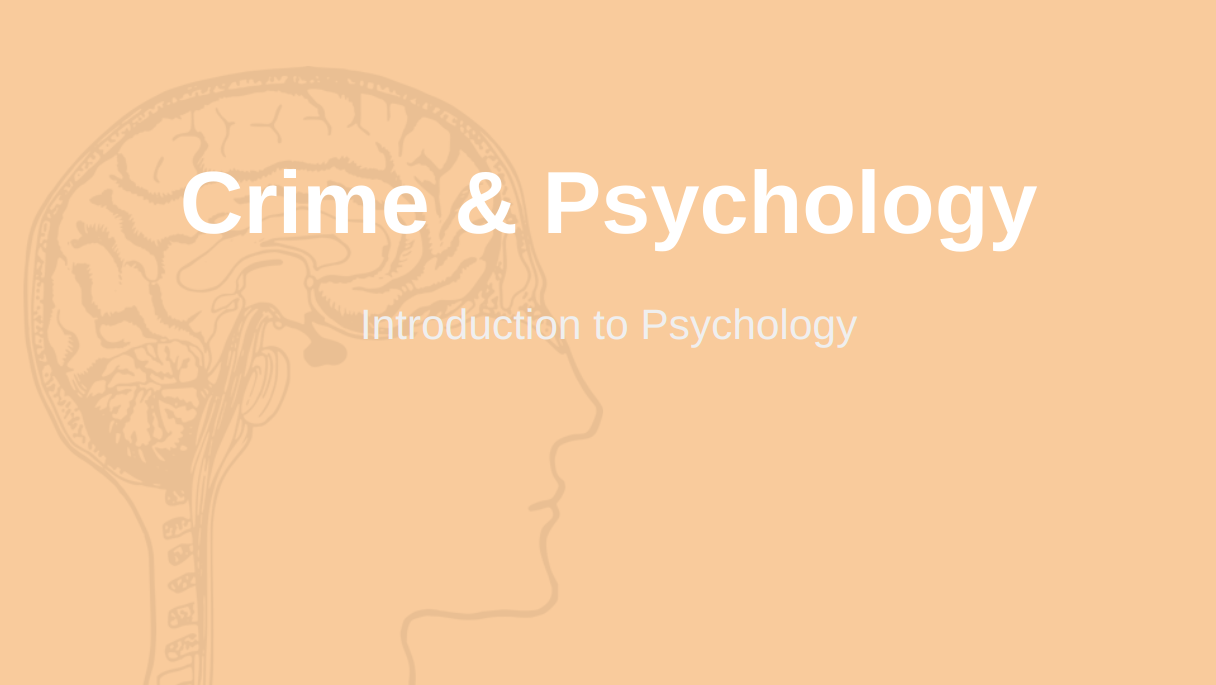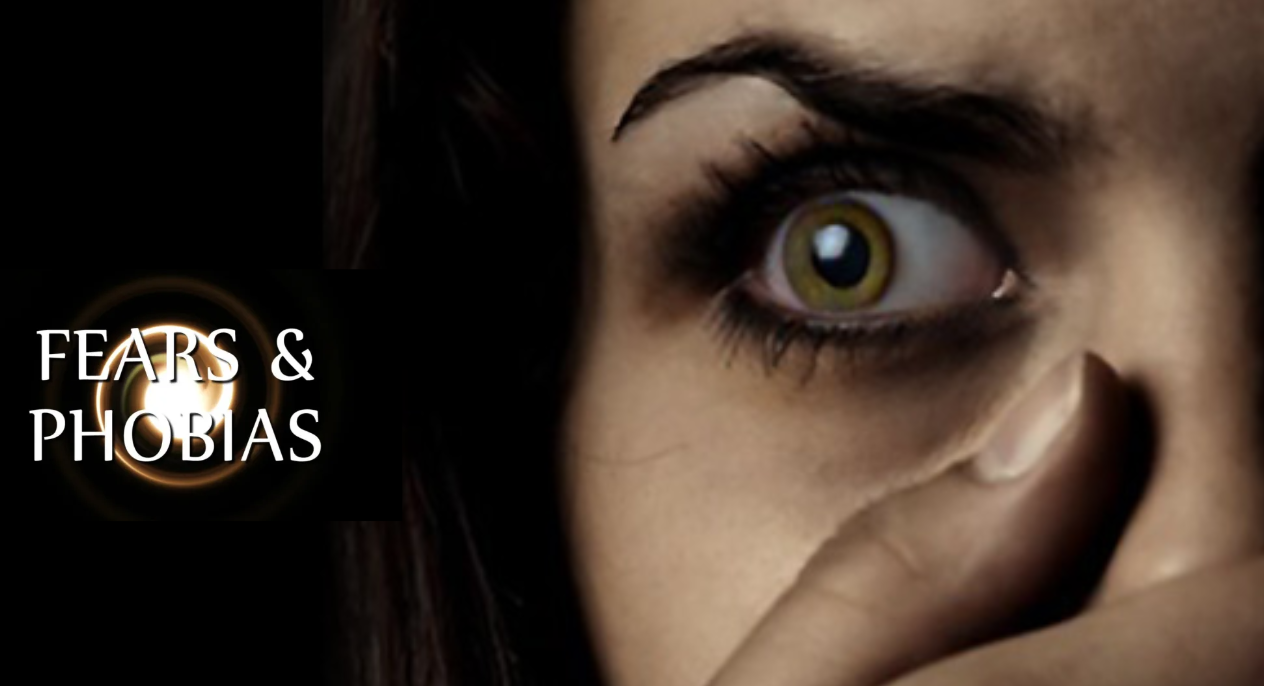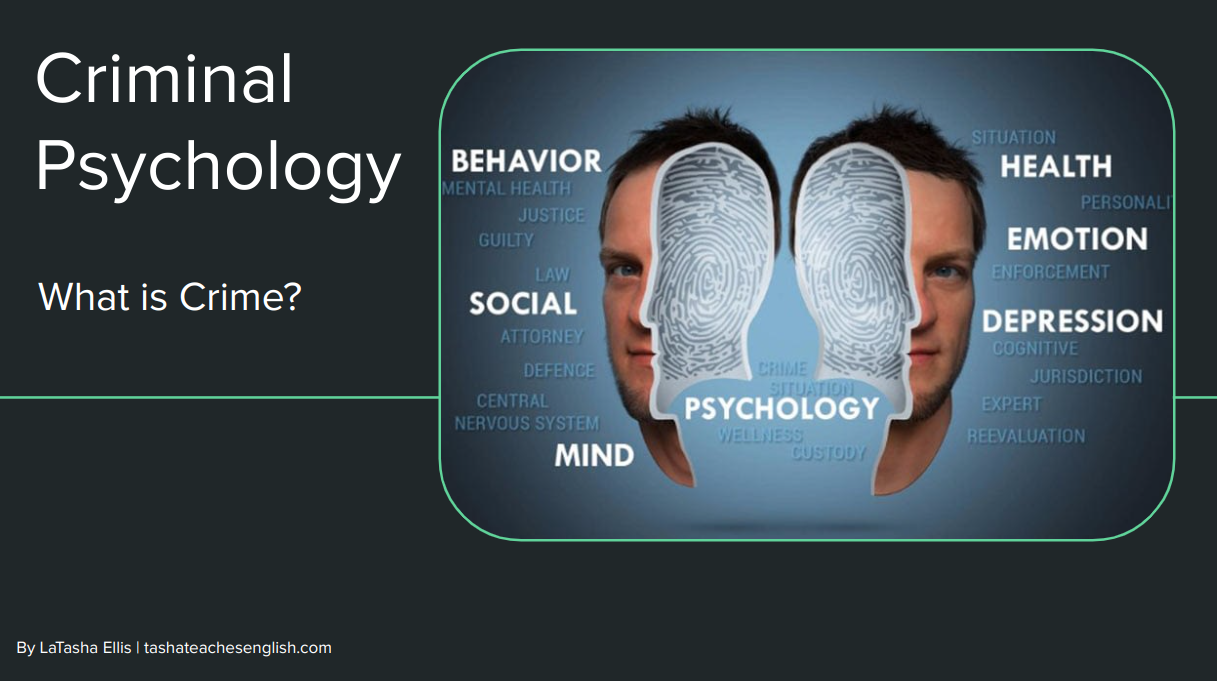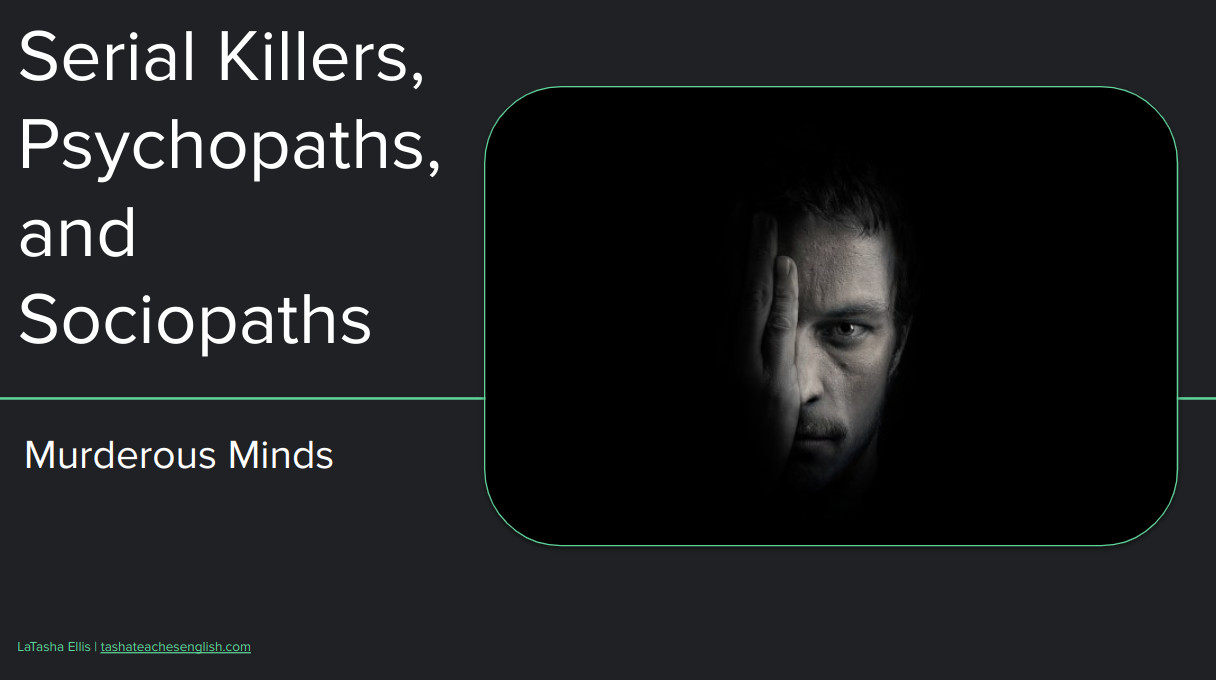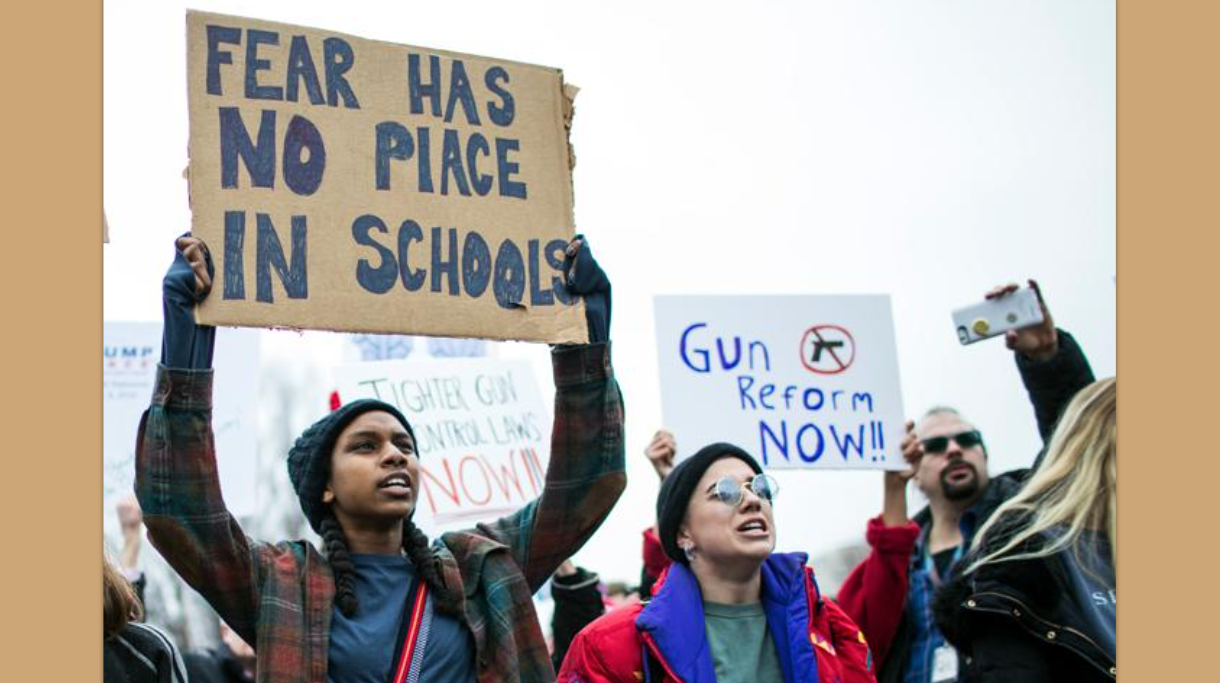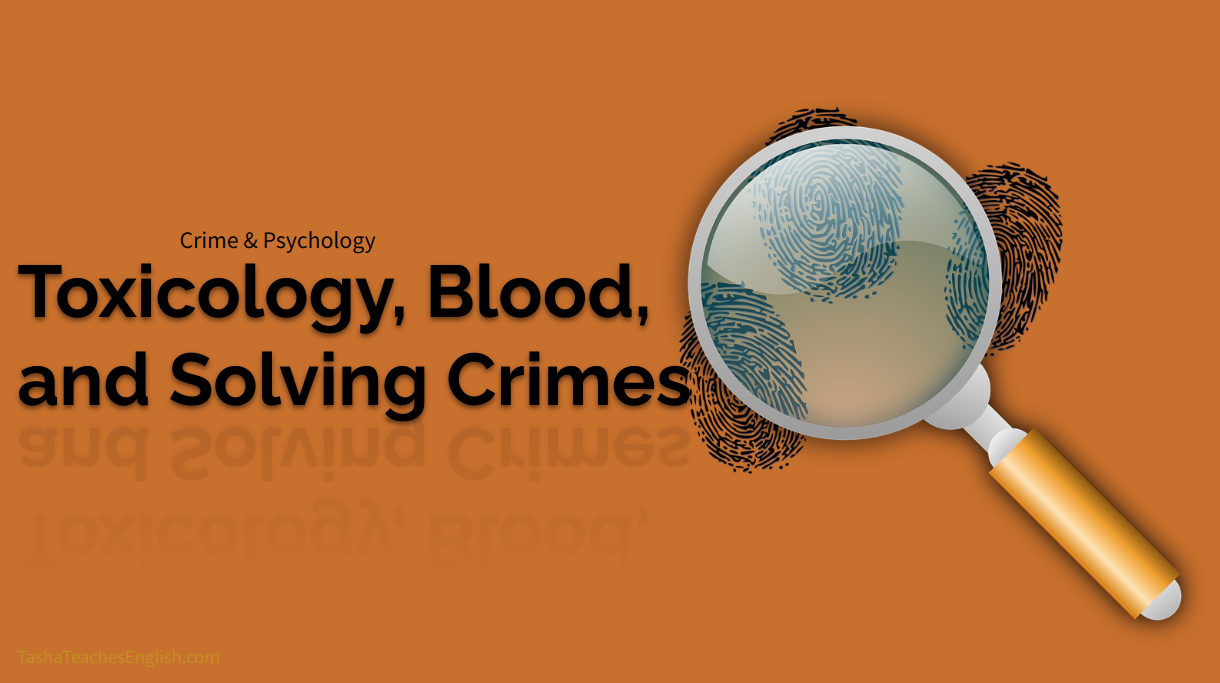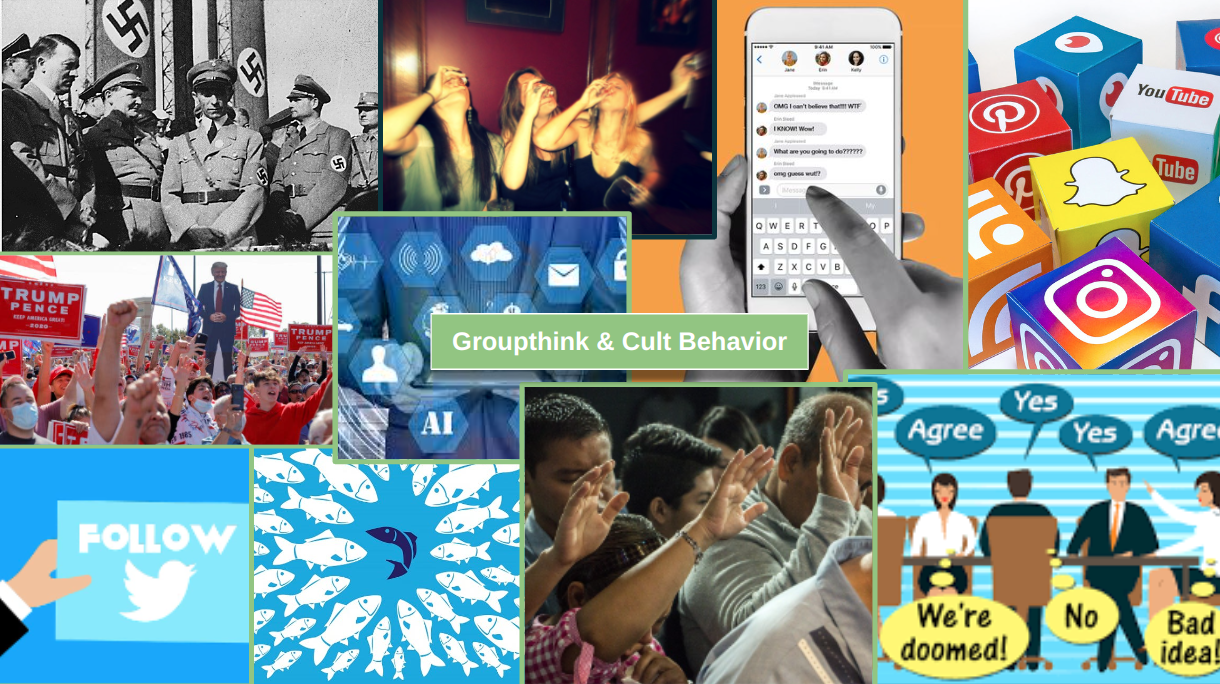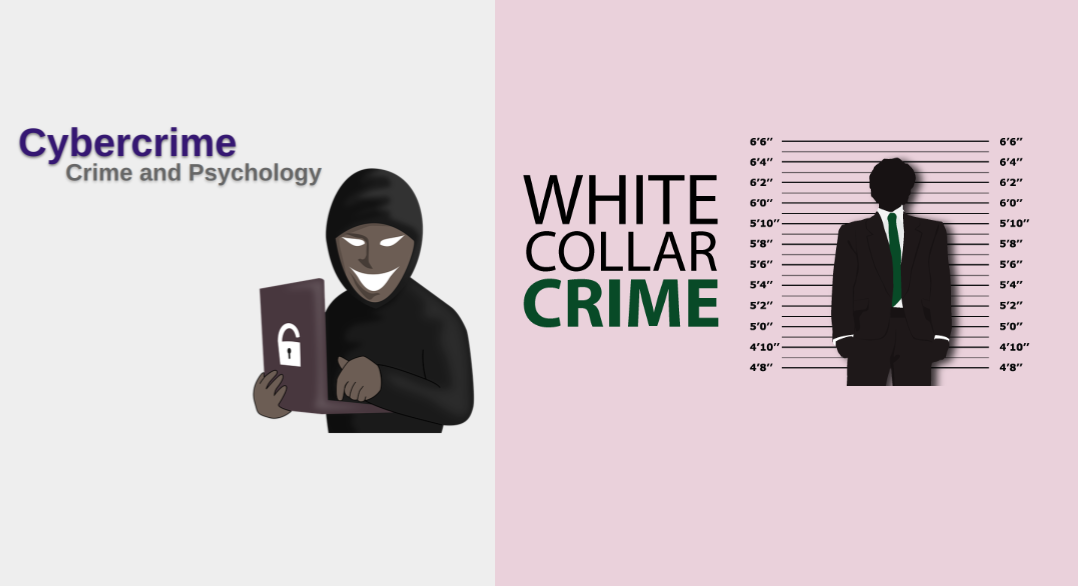
What We’re Learning This Week
This is a summary of what we’re learning each week, along with some materials that will help you with each lesson. If you miss a class, this page is a great resource (along with your asking your peers what you missed) to get you right back on track.
Introduction to Psychology
This week is an introduction to psychology. In these lessons, you will learn basic concepts relevant to the the study of psychology, including Personality vs Behavior; Sigmund Freud’s Id, Ego, Superego, and Mental Iceberg; Maslow’s Heirarchy of Needs; Hindsight Bias; and The Scientific Method.
Words to know
Supplemental Worksheets
Study Sheet / Practice Quiz
Week 1
Fears and Phobias
This week is all about phobias. We will learn the differences between having a fear and having a phobia, as well as the names of some of the more popular phobias. Then, we’ll discuss the ways in which fear can lead to criminal behavior.
Vocabulary
Supplemental Worksheets
Fear & Phobias
Study Sheet / Practice Quiz
Study Sheet
Practice Quiz
Week 2
Criminal Psychology: Crime and Criminal Behavior
Learn about various types of crime; approaches to defining crime (crime theories); types of criminal behavior; the main factors of crime (The Crime Triangle); and the classifications of illegal crime according to their severity (infractions, misdemeanors, and felonies). The classification of a crime influences both the substance and procedure of a criminal charge, so it's important to understand how they differ from one another.
In this module, you will also research a famous trial, connect your case to what we’ve learned, and present your project to the class.
Vocabulary
Supplemental Worksheets
Criminal Psychology
Study Sheet / Practice Quiz
Study Sheet
Practice Quiz
Week 3
Murderous Minds: Psychopathic, Sociopathic, and Schizophrenic
Why do certain people commit horrible acts? Can we ever begin to understand their reasoning and motivation? Perhaps. The mental state of a criminal can be affected by many different aspects of life: psychological, biological, sociological, all of which have different perspectives and influences. Investigate not only how these variables affect the criminal mind but also how crimes are investigated and handled in the criminal justice system.
Words to know
Supplemental Worksheet
Study Sheet
Practice Quiz
Week 4
Mass Murder & School Shootings
This unit examines the sensitive topic of mass murder. In these lessons, students will learn the various types of mass murderers, including school shootings, why mass killings occur, who is effected by them, key vocabulary, knowing the signs, and the Copycat Effect.
For the violence in schools portion of the unit, we discuss the Columbine shooting, Sandy Hook Elementary, Virginia Tech, and the very recent Robb Elementary shooting in Uvalde Texas. In this unit, students will discuss preventable measures and also get to hear from individuals: a victim’s friend, a survivor, teacher, and someone who almost committed a mass murder.
Words to know
Supplemental Worksheet
Study Sheet
Practice Quiz
Week 5
Forensics: Toxicology, Blood, and Solving Crimes
This week is all about forensics. We will learn what toxins are, where they come from, and how they make their way into our bloodstream; types of blood splatter, including impact stains, passive stains, and transfer stains; the 8 steps to solving a crime; and do some fun activities, including a facial composite and a solve-your-own-crime activity
Words to know
Supplemental Worksheet
Study Sheet
Practice Quiz
Week 6
Mental Health: Psychological Disorders & Delusions
In this unit, we discuss mental health, including disorders and delusions that disrupt our physical, mental, emotional, social, intellectual, and spiritual health. Students will also get a chance to get the perspectives of individuals with eating disorders, sleeping disorders, OCD (hoarding) disorder, and erotomanic delusion. We will also learn about the Truman delusion and watch a portion of The Truman Show to discuss mental health themes in groups and as a class.
Words to know
Supplemental Worksheet
Study Sheet
Practice Quiz
Weeks 7 & 8
Family Dynamics: Organized Crime, Multigenerational gangs, & Crime Within the Family
There are two parts to the Family Dynamics unit. In the first part, we discuss gangs (specifically multigenerational gangs), and organized/disorganized family crime.
In the second part, we will discuss crime within the family, including domestic violence, the Circle of Violence, abuse, and familicide. We will also introduce the Duggar family, the Stockdale family, and the Menendez Brothers.
Words to know
Supplemental Worksheet
Study Sheet
Practice Quiz
Week 9
Groupthink & Cult Behavior
What is groupthink? What are the differences between an organized religion and cult? Why have so many intelligent people been susceptible to cult recruitment? These are just a few of the questions we answer in this unit. We will also discuss some of the most famous cults (Heaven’s Gate, Jonestown, NXIVM, and more) and the Stanford Prison Experiment (the prison experiment that went horribly wrong).
In this unit, you will also complete a project in which you will present a cult and discuss recruitment tactics with your classmates.
Words to know
Supplemental Worksheet
Study Sheet
Practice Quiz
Weeks 10 & 11
Cybercrime & White Collar Crime
In the Cybercrime section of the unit, we will discuss cyberethics (netiquette) and how we choose to present ourselves online; cybercrime, including malware, viruses, worms, ransomware, spyware and more; and learn ways to keep yourself safe from cybercriminals, groomers, and online predators.
In the White Collar Crime section of the unit, we will learn the different types of white collar crime, including fraud, money laundering, embezzlement, tax evasion, and extortion. We will also discuss the fraud triangle: motivation, rationalization, and opportunity.
Words to know
Supplemental Worksheet
Study Sheet
Practice Quiz
Weeks 12 & 13

